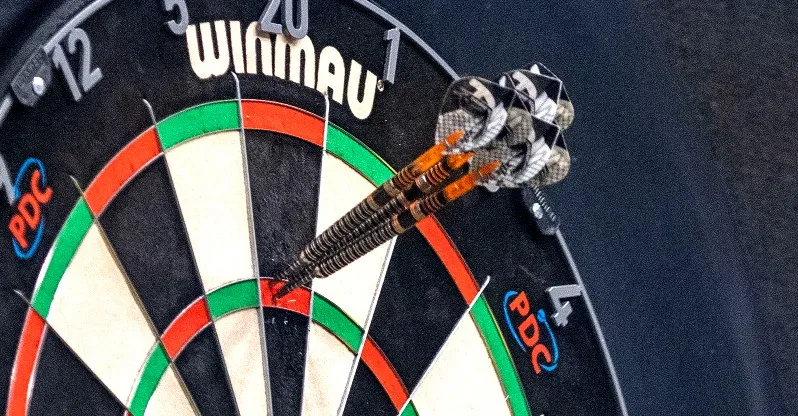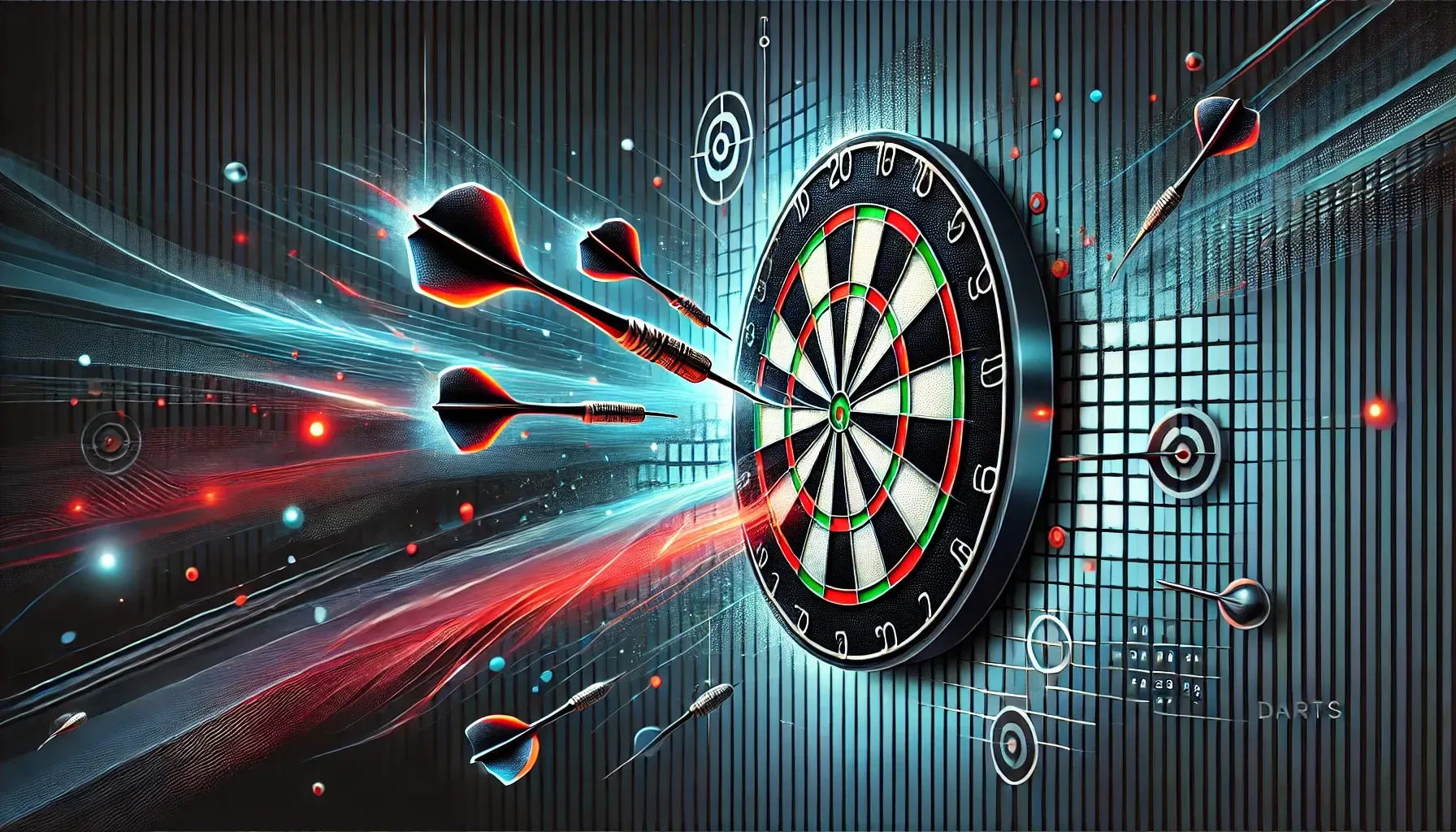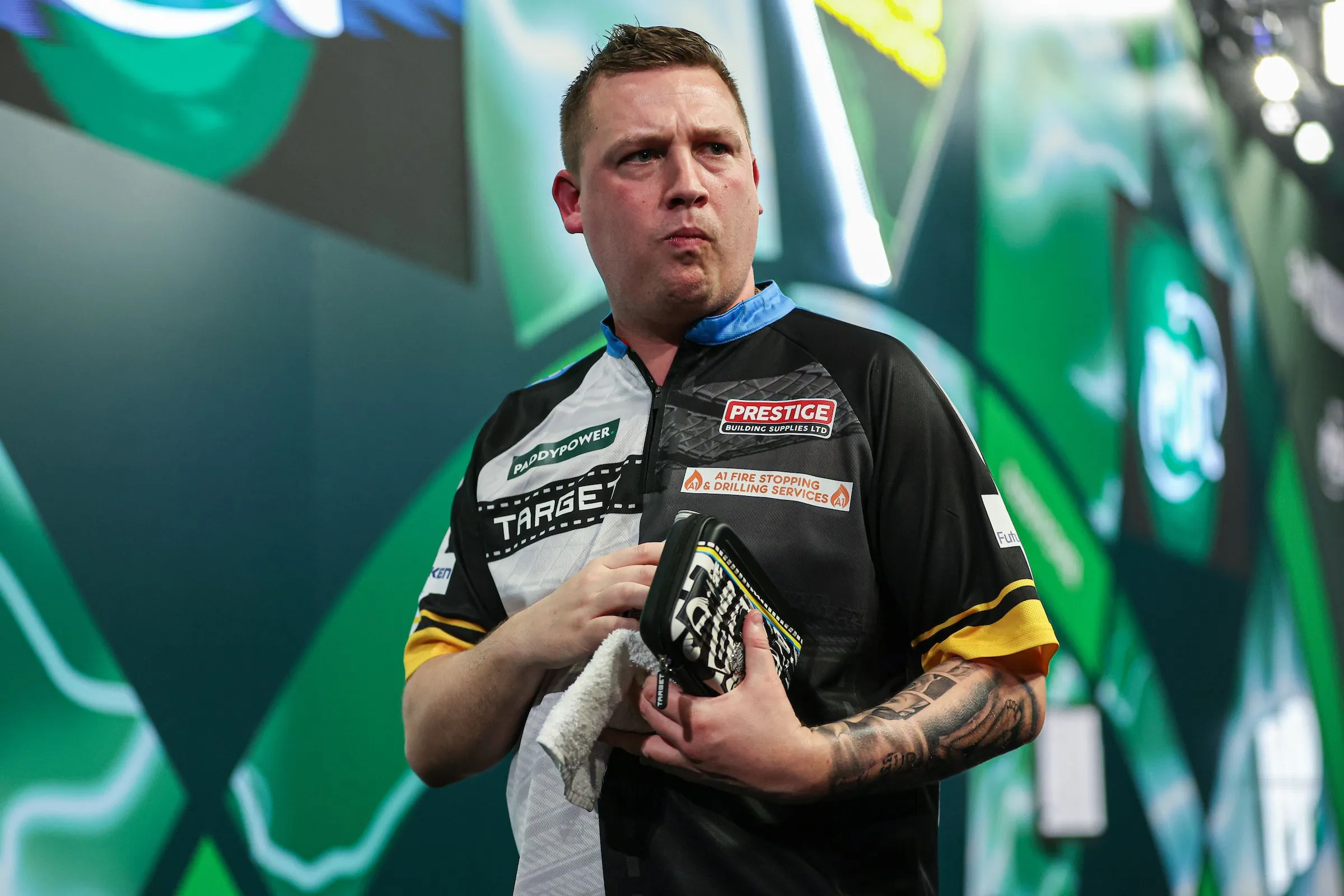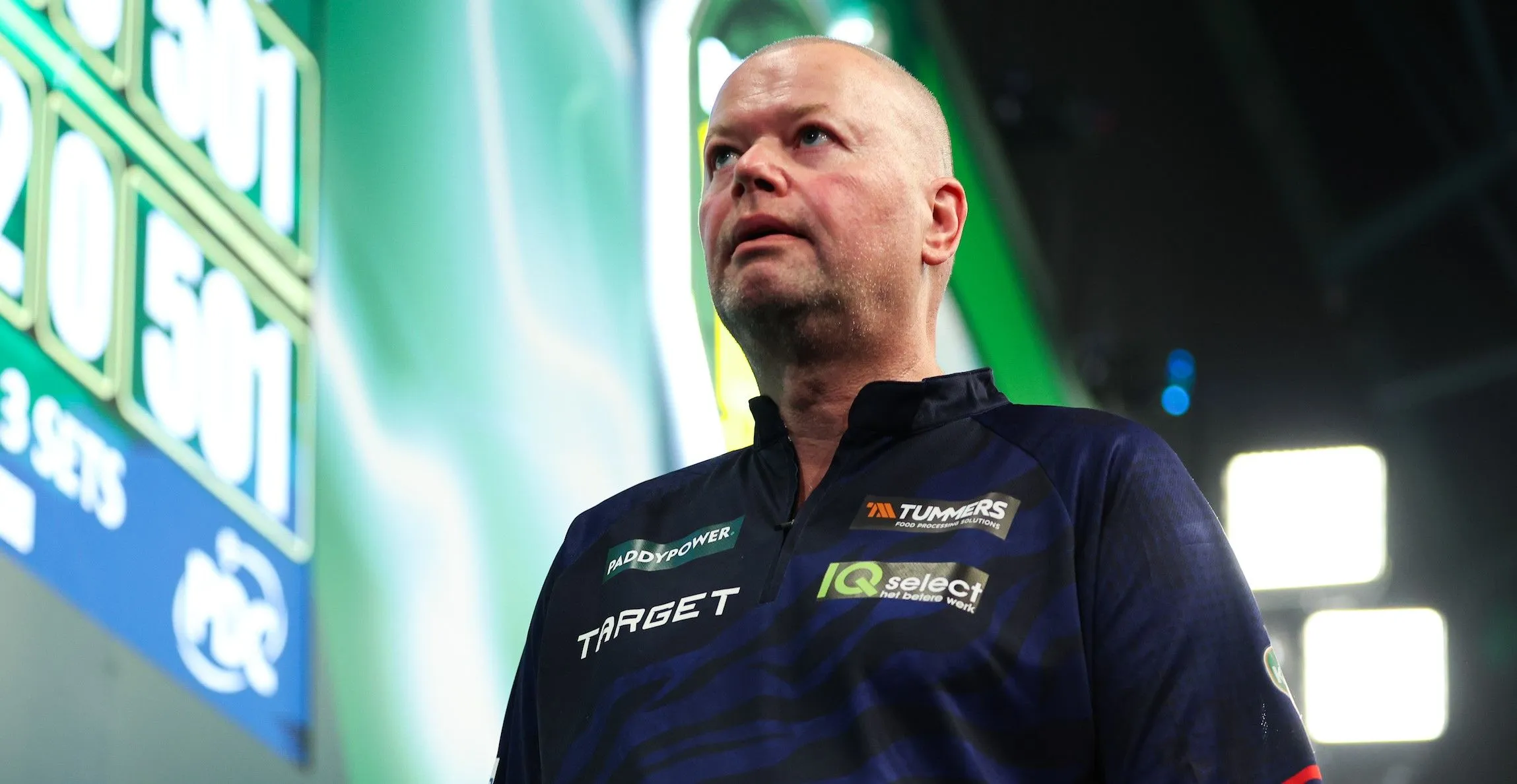
Advertorial: In the competitive arena of darts and poker, mental agility often trumps physical strength. This article examines the psychological strategies that elite darts competitors utilize to stay sharp and composed during high-pressure tournaments. We'll delve into the parallels between these tactics and those employed by seasoned poker professionals, focusing on how they navigate the intricacies of gameplay and risk assessment. Consider the savvy player who leverages an nz casino no deposit bonus, engaging in the game with minimal personal financial exposure yet fully aware of the stakes at play. Such strategic risk management is not only pivotal in the world of card games and precision sports but also reflects a broader application in decision-making processes across various scenarios.
Mental Game in Darts
Darts demands more than steady hands and keen eyesight. It's a game where the mind's focus can tip the scales between victory and defeat. Top players are acutely aware of this mental battlefield. They harness a suite of psychological strategies to maintain peak performance when the pressure mounts.
Psychological Strategies: Beyond the Physical Throw
Elite darts competitors often speak of the game within the game. Here, visualization emerges as a key technique. Players vividly imagine the dart piercing the desired segment of the board before the actual throw. This mental rehearsal primes their muscles and hones their focus, aligning mind and body for the task at hand.
Routine setting offers another layer of psychological preparedness. By adhering to a consistent pre-throw routine, players create a bubble of familiarity, a zone where the chaos of competition fades into the background. Such rituals range from a specific number of breaths to a set sequence of arm movements, each tailored to the individual's needs.
Positive Self-talk and Stress Management
Positive self-talk acts as the inner cheerleader, countering the negative chatter that can derail concentration. Phrases like "I've got this" or "Stay calm" become mantras that fortify confidence and dispel doubt.
Stress management, however, is where the mental game is won or lost. Techniques such as deep breathing and mindfulness keep the heart rate steady and the mind clear. Players learn to embrace the tension, using it to sharpen their focus rather than allow it to splinter their resolve.
Case Studies: Triumphs of the Mind
In the annals of darts history, there are moments where psychological fortitude is unmistakable. Take, for example, a player trailing in a crucial set, the crowd's murmur a cacophony around them. Yet, with a steady hand and a serene mind, they execute a perfect checkout. Such instances are not merely luck; they are the fruits of relentless mental conditioning.
It's in these crucibles of competition that the efficacy of psychological strategies is most apparent. The ability to remain composed, to execute a strategy despite the heart pounding and hands trembling, is what separates the good from the great.
As we dissect these pivotal moments from celebrated tournaments, it becomes clear: the darts board is merely the canvas; the player's mind, the true arena where matches are won or lost.
Poker Players' Psychological Play
The Art of Bluffing
In poker, bluffing is not mere deception; it's a calculated psychological maneuver. A successful bluff can convince opponents of a reality that doesn't exist, swaying their decision-making process. Players skilled in this art can induce folds or entice overconfident bets from their adversaries. Bluffing requires a deep understanding of human psychology, a poker face, and the courage to commit to the act.
Emotional Control at the Table
The poker table is a battleground of emotions. Players must master their own feelings to avoid giving away valuable information through tells—unconscious behaviors that reveal the strength of a hand. Emotional control is paramount. It involves maintaining a stoic demeanor regardless of the hand's outcome, whether it's a triumphant win or a crushing loss. This equanimity under pressure often leads to more rational decisions and a better handle on the game's ebb and flow.
Pot Control Tactics
Pot control is a strategic approach to managing the size of the pot based on the strength of a player's hand. It's a delicate balancing act; players must decide when to bet, raise, or check to either maximize winnings or minimize losses. The goal is to avoid overcommitting to a pot with a marginal hand or missing out on value with a strong one. Mastery of pot control is a testament to a player's analytical prowess and an understanding of the odds.
Mental Preparation: The Common Thread
Just as a darts player visualizes hitting the bullseye, poker players engage in mental preparation before and during gameplay. They study opponents, run through scenarios, and mentally prepare for the high-stakes decisions they'll face. This preparation is not unlike the routines of darts professionals who mentally rehearse their throws. Both sets of players rely on a sharp mind to navigate the psychological complexities inherent in their respective games.
In the end, the psychological play in poker is about more than just the cards in hand. It's about the subtle dance of minds, where each player attempts to outwit the other in a silent symphony of strategy.
Just in
Popular news
Latest comments
- Gingers....I guess these Gingers have something about ugly fatties......richieburnettrocks22-12-2024
- A shill..... People are so naive, where is this supposed grandad etc etc etcrichieburnettrocks22-12-2024
- Barney should completely stop playing darts, his legacy has long long gone. Maybe the new wife insists on an expensive lifestyle, if so, take up commentating or presenting. Forget playing.richieburnettrocks22-12-2024
- Assume the meat and eggs are cooked in the butter? Ketogenic diet seems to work if you’re well overweight though need to keep an eye on cholesterol. Add some fish like salmon.Mysstree21-12-2024
- Just curious, why clearly a plant?Matilda6220-12-2024
- Kris...whatever is name is, is clearly a plant. Completely bogus.richieburnettrocks20-12-2024
- Pay a sizeable chunk off the mortgage for sure and buy Grandad something nice for Christmas.Mysstree19-12-2024
- No chance. His throw is all staccato. It is forced. Not natural.medinabello19-12-2024
- More roid rage than nonsenserichieburnettrocks18-12-2024
- Even the wild crowd went easy on him... we really have gone soft in this country. He should now play in the men's events and try and recover a smidgen of respect, rather than take advantage of the women's game.MrYnyslas197118-12-2024






